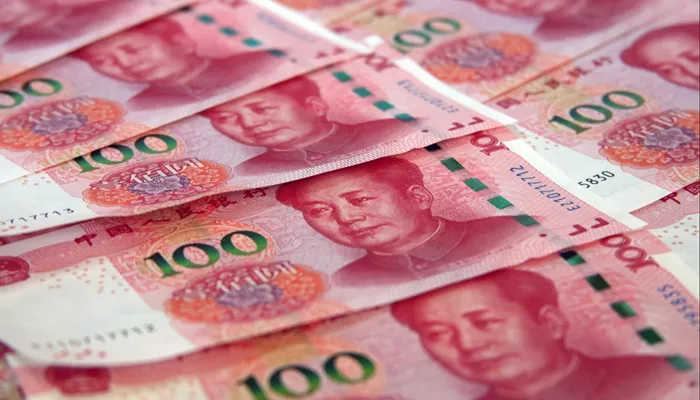Hong Kong stocks and the Chinese yuan experienced significant declines following early results from the US presidential election, which show Donald Trump taking a lead. Traders are increasingly anxious about the potential fallout from heightened trade tensions between the United States and China.
The offshore yuan fell as much as 1.2% against the dollar, marking its most substantial drop since October 2022. Meanwhile, shares of Chinese companies listed in Hong Kong were hit hard, with the Hang Seng Index tumbling over 3% at one point. In contrast, stocks on the mainland showed relative resilience amid hopes for government stimulus measures.
The prospect of a Trump victory has unsettled investors in China, particularly given his previous threats to impose tariffs of up to 60% on Chinese goods. Such measures could exacerbate existing trade frictions and undermine Beijing’s recent efforts to stimulate economic growth.
Ken Cheung, chief Asia FX strategist at Mizuho Bank, commented on the situation: “Trump’s tariff proposals are likely to negatively impact the yuan, reminiscent of its depreciation during his previous administration. However, any depreciation risk is expected to be manageable, as the People’s Bank of China may intervene to stabilize the currency.”
As traders assess whether Beijing’s stimulus efforts will be sufficient to counteract external shocks, the central bank has committed to maintaining an accommodative monetary policy and is expected to announce additional fiscal stimulus during the ongoing National People’s Congress.
Market volatility is anticipated in response to a potential Trump win, given his hawkish stance toward China. The CSI 300 Index had surged nearly 35% from a September low through early October but has since retreated about 5%.
Raj Singh, a portfolio manager at Principal Asset Management in Hong Kong, noted: “While Trump trades are currently favored, it remains uncertain how the market will react by the end of the day. China is also preparing its policy response.”
The yuan has been closely monitored as a barometer of market sentiment regarding the US election. It previously weakened in late October amid speculation surrounding a Trump presidency but had shown signs of recovery as polls indicated a tight race.
The response from Chinese officials to any post-election currency volatility will be critical. While some analysts suggest that China might allow the yuan to depreciate in response to potential tariff hikes, others expect the central bank to adhere to its strategy of maintaining currency stability through intervention.
State-owned banks have reportedly been active in selling dollars in onshore trading to mitigate the yuan’s decline. “Policymakers will likely ensure that currency movements do not become excessive,” said Fiona Lim, a senior strategist at Maybank.
As uncertainty looms over the election outcome and its implications for trade relations, investors will be watching closely for developments that could impact both the yuan and Chinese equities.
Read more:

